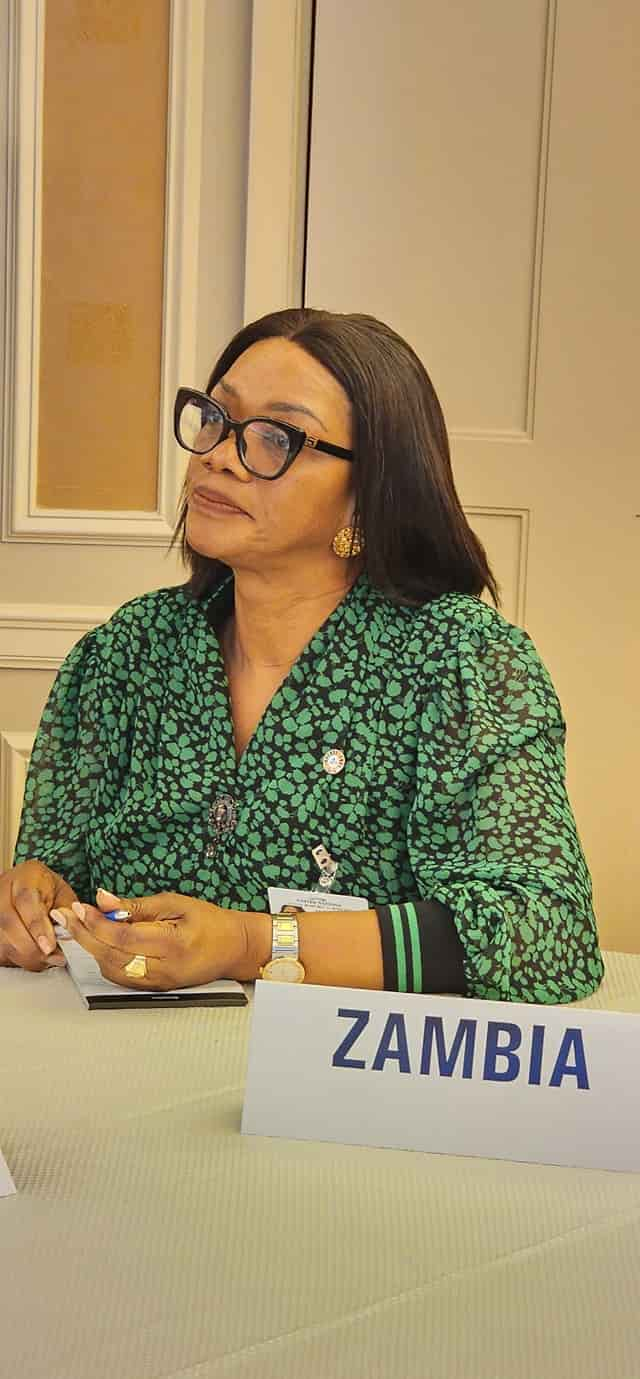Zambia: Minister of Health Sylvia Masebo has announced her support to the postponement of school reopening. However, she claimed that the two weeks extension of reopening schools should not be treated as a holiday.
The Minister of Health suggested that it should rather be taken as a period of improving sanitation in schools so as to avoid cholera. Masebo added that the cleaning of schools should not be left to the authorities only.
Rather, parents must get involved in cleaning schools in readiness for reopening on February 12, 2024. She said parents must actively get involved by ensuring that schools where their children study should have clean water and toilets.
Minister of Health Sylvia Masebo said that keeping schools clean requires collective efforts and not just government alone. The Minister stressed that the community must help in supporting efforts aimed at keeping schools clean and safe.
Health Minister Masebo said teachers, parents and pupils need to work together to improve sanitation in schools if cholera is to be eradicated. She said cholera is a preventable disease if hygiene practices are observed.
Meanwhile Minister Masebo says the Ministry is making steady progress with the administering of the oral cholera vaccine.
“We continue making steady progress in protecting our people through the administration of oral cholera vaccines.”
She disclosed that in the last seven days a total of 1,745,004 individuals in cholera hotspot areas have been vaccinated.
Ms Masebo further indicated that 810,303 males have been vaccinated while 934,701 females have received the oral cholera vaccine.
“For the past seven days since we launched the vaccination program, we have vaccinated a cumulative 1,745,004 individuals in our hotspot areas. 810,303 (46%) of those vaccinated are males whereas 934,701 (54%) are females.”
Meanwhile, a total of 3,356 health care workers working in the cholera treatment facilities have been vaccinated, according to the Minister of Health.
“We have further vaccinated 3,356 health care workers working in the cholera treatment facilities or those working in high-risk areas.”

